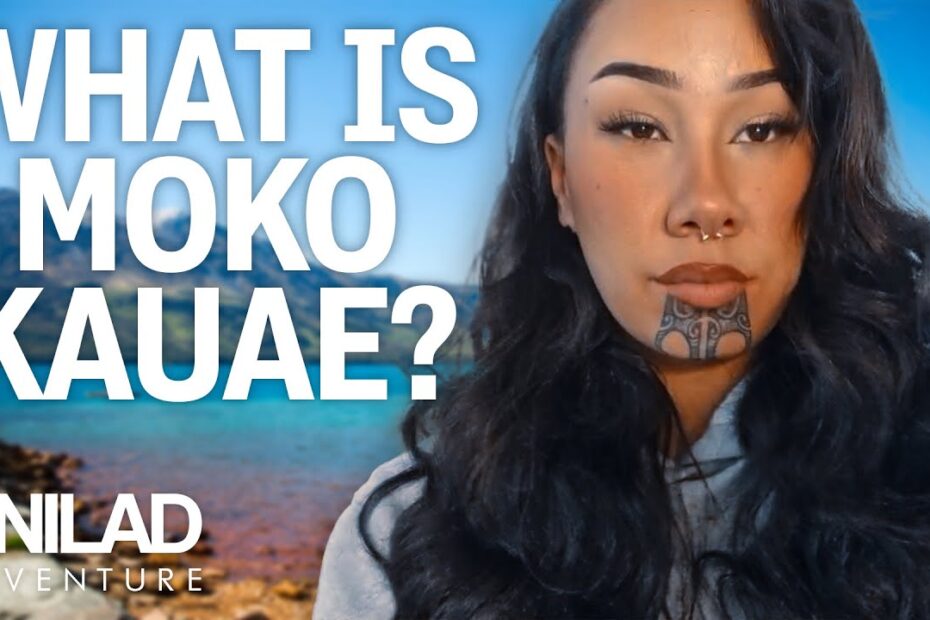What does the Māori face tattoo mean?
The Māori face tattoo, or moko, is far more than just ink on skin—it’s a walking, talking (well, not literally) résumé of identity, status, and heritage. Each intricate design tells a story, from family lineage to personal achievements, and even social standing. Think of it as a LinkedIn profile, but way more permanent and infinitely cooler. The moko is deeply spiritual, connecting the wearer to their ancestors and the natural world. It’s not just a tattoo; it’s a cultural badge of honor that demands respect and understanding.
Here’s a quick breakdown of what makes the moko so unique:
- Personal Identity: No two moko designs are the same—each is tailored to the individual’s life story.
- Social Status: The placement and complexity of the moko often reflect the wearer’s rank within their community.
- Spiritual Connection: The designs are believed to carry the wearer’s mana (spiritual power) and connect them to their ancestors.
So, if you see someone with a moko, don’t just admire the artistry—remember, you’re looking at a living, breathing piece of Māori culture.
What does the tattoo on a woman’s chin mean?
What does the tattoo on a woman’s chin mean?
Ah, the mysterious tattoo on a woman’s chin—it’s not just a fashion statement, it’s a whole conversation starter. In many Indigenous cultures, particularly among the Māori and Inuit peoples, a chin tattoo (or moko kauae for Māori women) is a deeply symbolic mark. It’s not just ink; it’s a badge of identity, heritage, and strength. Think of it as the ultimate “About Me” section, but etched permanently on your face. No pressure, right?
So, if you see a woman rocking a chin tattoo, don’t ask if it’s a trendy new look from TikTok. It’s likely a powerful expression of cultural pride and personal history. Here’s a quick breakdown of what it might signify:
- Lineage: It often represents family ties and ancestry.
- Status: It can indicate social standing or achievements.
- Spirituality: It may reflect a connection to cultural beliefs and traditions.
In short, it’s way more than just a chin doodle—it’s a masterpiece with meaning.
Can anyone get a ta moko?
So, you’re thinking about getting a ta moko? Hold your horses, mate! Ta moko, the traditional Māori tattoo, isn’t just a trendy ink job you pick up on a whim. It’s a sacred art form deeply tied to Māori culture, identity, and ancestry. Not everyone can or should get one. It’s not about looking cool at the beach—it’s about carrying the stories, lineage, and responsibilities of your whakapapa (genealogy). If you’re not Māori, it’s generally a no-go. Respect the culture, yeah?
For Māori, ta moko is a privilege, not a right. It’s earned through connection to your iwi (tribe) and understanding of its significance. It’s not a “first tattoo” kind of deal. Even within the Māori community, there’s a process—consulting with elders, understanding the designs, and ensuring it’s done by a skilled tohunga ta moko (tattoo artist). So, unless you’re ready to dive deep into Māori traditions and heritage, maybe stick to that dolphin tattoo on your ankle.
- Ta moko is for Māori only—it’s a cultural identifier.
- Non-Māori should consider alternatives like kirituhi, which are inspired by Māori designs but don’t carry the same cultural weight.
- Respect the process—ta moko is sacred, not a fashion statement.
Can a white person have a Maori tattoo?
Ah, the age-old question: can a white person rock a Maori tattoo without raising eyebrows or causing a cultural kerfuffle? The short answer is: it’s complicated. Maori tattoos, or ta moko, are deeply rooted in Maori culture, representing identity, ancestry, and status. For many Maori, these designs are sacred and not just a trendy Instagram aesthetic. So, while technically anyone can get one, the real question is whether they should without understanding the cultural weight behind it.
- Cultural Respect: Maori tattoos are more than ink—they’re a spiritual connection to one’s heritage.
- Appropriation vs. Appreciation: Wearing a ta moko without understanding its significance can come off as cultural appropriation.
- Consultation: If you’re serious about it, talk to Maori elders or artists to ensure it’s done respectfully.
So, if you’re a white person dreaming of a Maori tattoo, pause and ask yourself: is this about honoring a culture or just looking cool? If it’s the latter, maybe stick to a tribal-inspired design instead. After all, cultural sensitivity is always in style—unlike that tribal armband tattoo from 2003. Oof.
